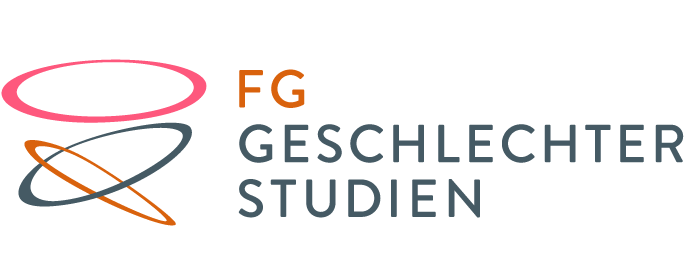Evidence shows that entrepreneurship can provide an economic opportunity for disadvantaged groups and that social entrepreneurship in particular can enable institutional and social change. Additionally, woman on average favor social over economic goals and social entrepreneurship provides a more egalitarian working environment for women. Many authors have appealed for more research on social entrepreneurship and gender, because, although the stream of female entrepreneurship is relatively firm, there are very few reports on female social entrepreneurship. This research wishes to know the potential of female social entrepreneurship as a form of enabling social change from a feminist approach and if it could be a way to improve the position of women and equality in society. In this way, it proposes a descriptive research design aiming at portraying female social entrepreneurship and their context, inquiring on motivations, personal values, abilities, competencies and expertise, methods and technologies used, achieved impact and contribution; as well as the cultural, social, political and economic structures involved in the foundation and development of these social enterprises, and the potential policies and programs needed to promote and support the field and other girls and women engage more in their communities. The research proposes a constructionist approach, using gender as an analytical category and addressing the inequality structures that limit women and social enterprises. Intended is to collect data, based on a conceptual and theoretical framework, through a desk review of social entrepreneurships found throughout Europe, and mostly Germany, surveys and interviews to female social entrepreneurs, experts and academics.
Neuste Beiträge
- [Veranstaltung] Online-Ringvorlesung Theoretische Diskurse Sozialer Arbeit
- [Veranstaltungen] des gFFZ – Gender- und Frauenforschungszentrum der hessischen Hochschulen für angewandte Wissenschaften
- [CfP] Beiträge zur Tagung am 9.10.2024 zu rechten Angriffen gegen die Wissenschaft
- [Stellenausschreibung] Stelle im Bereich der Interdisziplinären Geschlechterforschung an der TH Köln
- [Stellenausschreibung] Tenure Track; Wissenschaftliche Koordination
Schlagwörter
Hinweis
Die Fachgesellschaft veröffentlicht auf ihrer Website auch Hinweise der Arbeitsgruppen und der Initiativen innerhalb der FG. Deshalb spiegeln die Hinweise nicht notwendigerweise Positionen oder Ziele der Fachgesellschaft wider.



